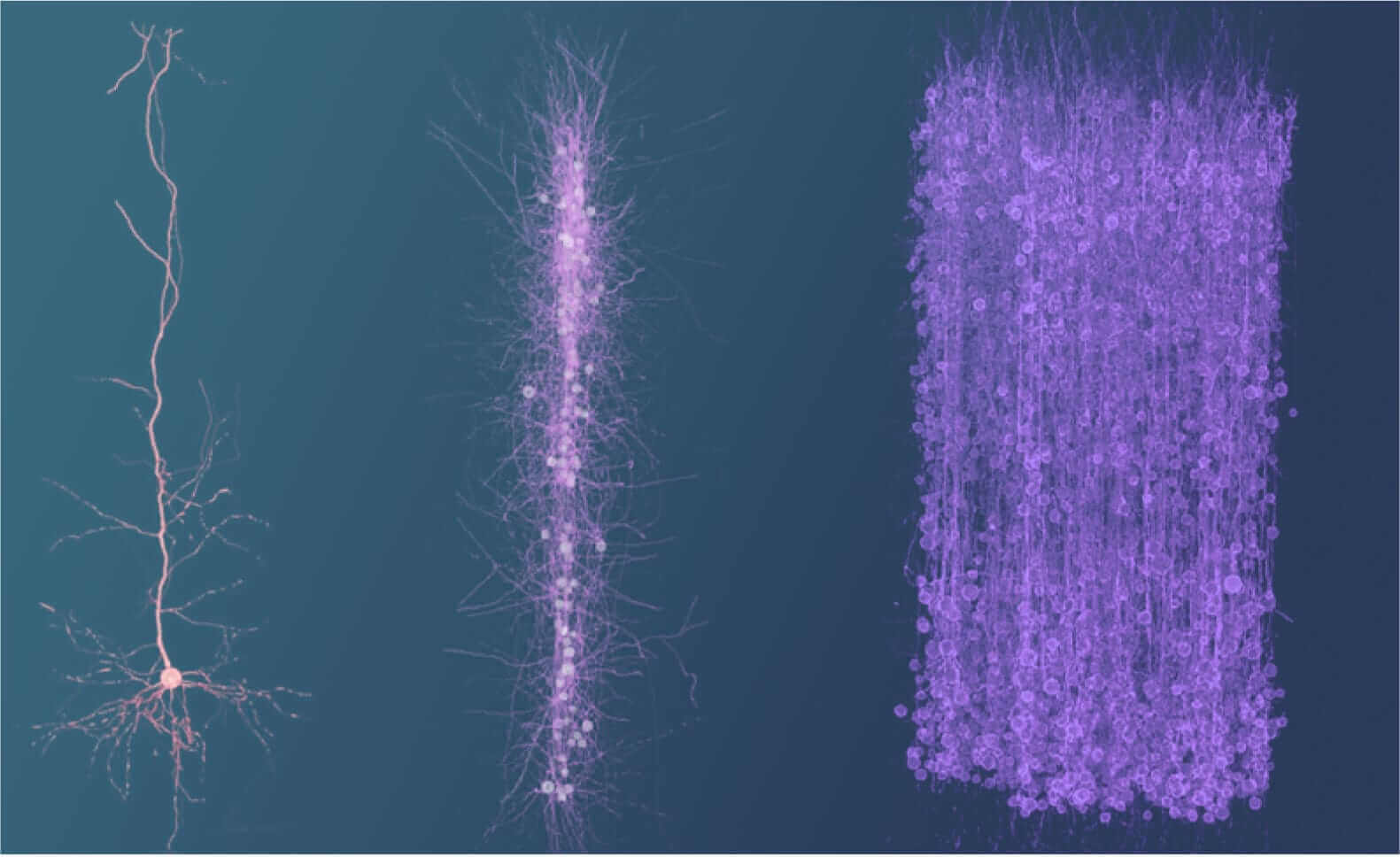
The ability of a cell to respond to its environment depends on the actions of the proteins encoded by the DNA in the genome. However, most proteins don't work alone. They work with other proteins in teams called complexes. The principles of "mapping" are to figure out which proteins work together in complexes. Mapping can be done in different disease states or in the presence of different chemical drugs.
To accomplish these goals, we measure how changes in the environment or mutations in the genome alter which proteins associate in complexes. We augment this physical picture of the interactions between proteins with genetic studies that measure how the cell functions when it is missing one or more genes encoding for important members of protein complexes. The integration of the physical and genetic maps allows us to derive quantitative insights about how the biological functions of cells can be perturbed and restored.